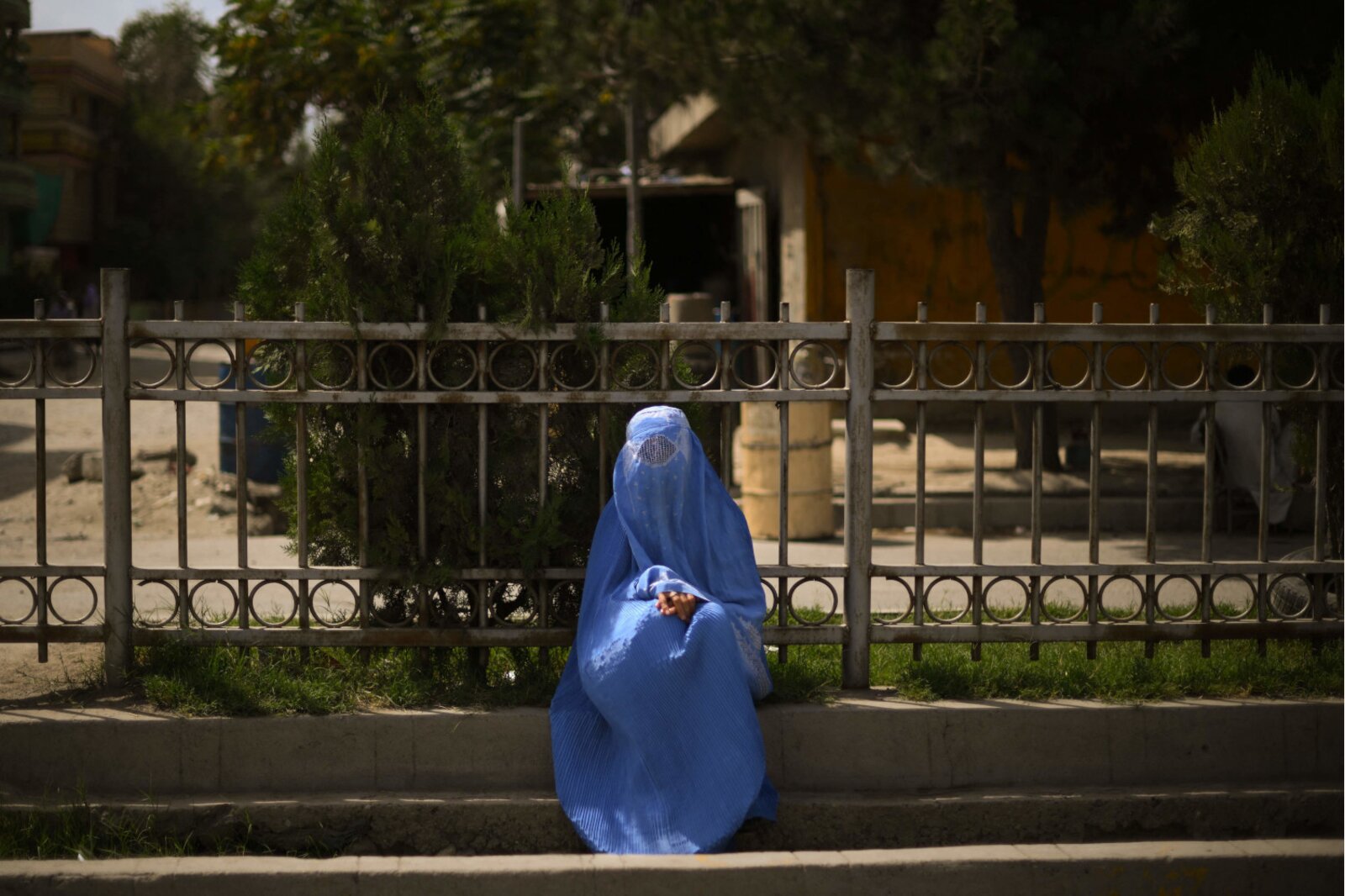Press release regarding judgment F-1451/2022
No humanitarian visa for an Afghan widow
To qualify for a humanitarian visa, the person concerned must be facing an immediate, specific and serious threat to life and limb. At the same time, the individual risk must be higher than that of the rest of the population in the home country or country of origin.

An Afghan widow applied to the Swiss Embassy in Pakistan for a humanitarian visa for herself, her two daughters and her underage son. She appealed the negative decision of the State Secretariat for Migration (SEM) to the Federal Administrative Court.
In a landmark ruling, the FAC upholds the decision of the SEM according to which humanitarian visas cannot be granted to an applicant merely because there is no male head of the family. The Court does not disregard the fact that the situation for women and girls in Afghanistan has constantly deteriorated since the Taliban came to power in August 2021. However, all women and girls in Afghanistan are similarly affected – not the appellant individually and alone. Even considering the current political regime in Afghanistan, the simple fact that a person is female does not qualify as an immediate, specific and serious threat within the meaning of the Ordinance on Entry and the Granting of Visas, which is decisive in the case at hand.
This judgment is final and may not be appealed to the Federal Supreme Court.
| Delimitation as against the asylum procedure The granting of a humanitarian visa is subject to different prerequisites than the recognition of refugee status. The practice in the matter of asylum-granting is not directly transposable to the examination of an application for an entry visa on humanitarian grounds. |
Contact

Rocco Maglio
Press secretary
